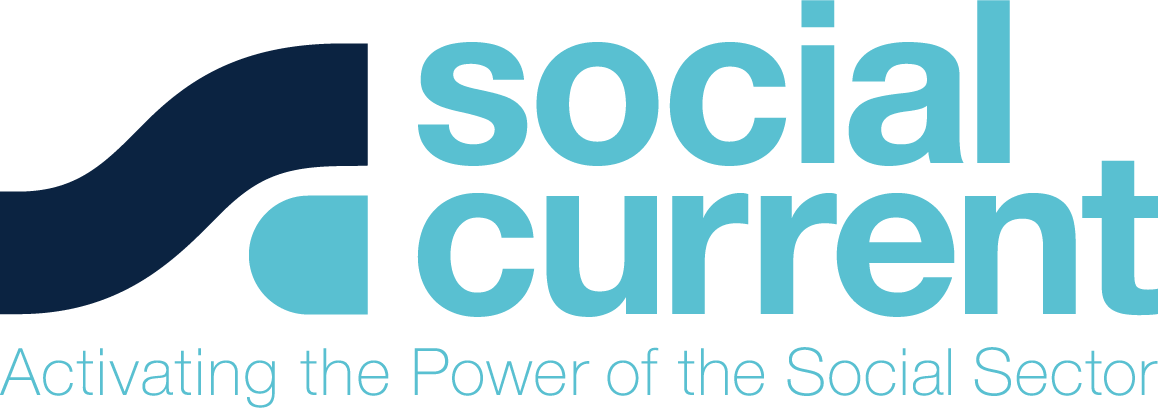Suicide Prevention Awareness: A Lifeline for Those in Need
Suicide is a global public health crisis that affects millions of people every year, and its impact is far-reaching, touching families, communities, and societies as a whole. While it can feel like an uncomfortable or taboo subject, raising awareness about suicide prevention is essential to reducing its incidence and supporting individuals in need. By understanding the signs, addressing the stigma, and fostering open dialogue, we can build a society that helps those struggling to see the possibility of a better tomorrow.
The Reality of Suicide
Globally, suicide is one of the leading causes of death, particularly among young people. According to the World Health Organization (WHO), approximately 700,000 people die by suicide each year, with countless others experiencing thoughts of suicide. The numbers are staggering, but they only represent a portion of the problem; many individuals never reach out for help, leaving their struggles hidden behind a facade of normalcy.
In the United States alone, over 45,000 people die by suicide annually, making it the 10th leading cause of death. The numbers, while significant, represent more than statistics; they are the lives of fathers, mothers, children, friends, and colleagues—each one representing an individual who had hopes, dreams, and struggles.
Understanding the Risk Factors
Suicide is complex, and its causes are varied. It is rarely the result of a single factor. There are a variety of risk factors that can increase the likelihood of someone considering suicide, including:
- Mental Health Conditions: Conditions such as depression, anxiety, bipolar disorder, and schizophrenia are strongly linked to suicide risk. Mental illness can distort a person’s perception of reality, making life seem overwhelming and hopeless.
- Trauma and Abuse: Past trauma, whether emotional, physical, or sexual, can lead to severe psychological scars. Survivors may feel trapped by memories, unable to escape the pain.
- Substance Abuse: Drugs and alcohol are often used as a way to numb emotional pain, but substance abuse can further impair judgment and increase impulsivity, which can lead to suicidal behavior.
- Isolation and Loneliness: The feeling of being disconnected from others is one of the most potent factors that can contribute to suicidal ideation. Social isolation can breed feelings of worthlessness and despair.
- Chronic Illness and Pain: Chronic physical illness, particularly conditions that involve constant pain, can significantly impact mental health, sometimes leading individuals to believe that their suffering will never end.
- Major Life Stressors: Significant life changes, such as the death of a loved one, financial struggles, divorce, or losing a job, can trigger feelings of hopelessness, particularly in individuals already vulnerable to mental health issues.
It’s important to note that not everyone who experiences these factors will contemplate suicide. However, understanding these risk factors is crucial in identifying those who may be in need of support and intervention.
The Importance of Raising Awareness
Suicide prevention awareness is vital for several reasons:
- Breaking the Stigma: Mental health issues and suicide are still surrounded by significant stigma, which prevents many people from seeking help. Raising awareness helps normalize conversations about mental health, making it easier for those struggling to ask for support without fear of judgment.
- Early Intervention Saves Lives: Knowing the warning signs of suicide can help people identify when someone is at risk. These signs may include withdrawing from loved ones, expressing feelings of hopelessness or worthlessness, giving away possessions, or talking about death or suicide. The sooner an individual receives help, the greater the chance of preventing a tragedy.
- Providing Support to Those in Need: Awareness campaigns educate people on how they can support loved ones who are struggling. Simple acts, like listening without judgment, offering help to find professional resources, or just being present, can make a significant difference in someone’s life.
- Education on Resources: Many people don’t know where to turn when they or someone they know is experiencing suicidal thoughts. Suicide prevention awareness highlights helplines, local support groups, and mental health professionals that can provide the immediate care and attention needed to prevent suicide.
How to Support Suicide Prevention Efforts
Raising awareness is just one part of the equation; there are actionable steps that can be taken to help prevent suicide and support individuals at risk:
- Reach Out and Listen: Sometimes, the most important thing you can do is simply listen. If you notice someone withdrawing or exhibiting warning signs, reach out. Ask them directly if they are thinking about suicide—research shows that asking someone about suicide will not put the idea in their head but may, in fact, save their life. Create a space where they can talk openly without fear of judgment.
- Offer Emotional Support: Let the person know they are not alone. Offer to help them find professional support, such as a therapist or counselor. Be persistent in showing care and concern, even if they are resistant at first.
- Promote Mental Health Education: Advocate for mental health education in schools, workplaces, and communities. The more people understand mental health and suicide, the better equipped they will be to offer support and seek help when necessary.
- Create Safe Environments: Whether it’s at home, at work, or in the community, creating an environment where mental health is openly discussed and resources are available can reduce the risk of suicide. Encourage open dialogue and remind people that it’s okay to seek help.
What to Do if You’re Struggling
If you or someone you know is experiencing thoughts of suicide, it’s critical to reach out for help immediately. The National Suicide Prevention Lifeline (1-800-273-8255 in the U.S.) provides free, confidential support 24/7. Additionally, crisis text lines, such as Crisis Text Line (text HOME to 741741), offer an alternative for those who feel more comfortable texting.
In some cases, reaching out to a trusted family member, friend, or counselor can provide immediate relief. If someone is in immediate danger, don’t hesitate to contact emergency services (911 in the U.S.).
Conclusion
Suicide prevention awareness is more than just an annual campaign—it is a continuous, collective effort to protect lives and promote mental well-being. By educating ourselves, supporting those in need, and breaking the silence around suicide, we can contribute to a world where fewer lives are lost to preventable tragedies.
If you’re reading this and you’re struggling, please know you’re not alone. There is help available, and there is hope for a brighter future. At Residing Hope Outpatient Services, we believe that therapy is a sacred space where healing begins. Our licensed therapists offer in-person sessions at our DeBary office as well as virtual therapy throughout Florida, and we are accepting new patients. Visit https://residinghope.org/outpatient-counseling/, email us at counseling@ResidingHope.org, or call 386.259.5413 to get started.







